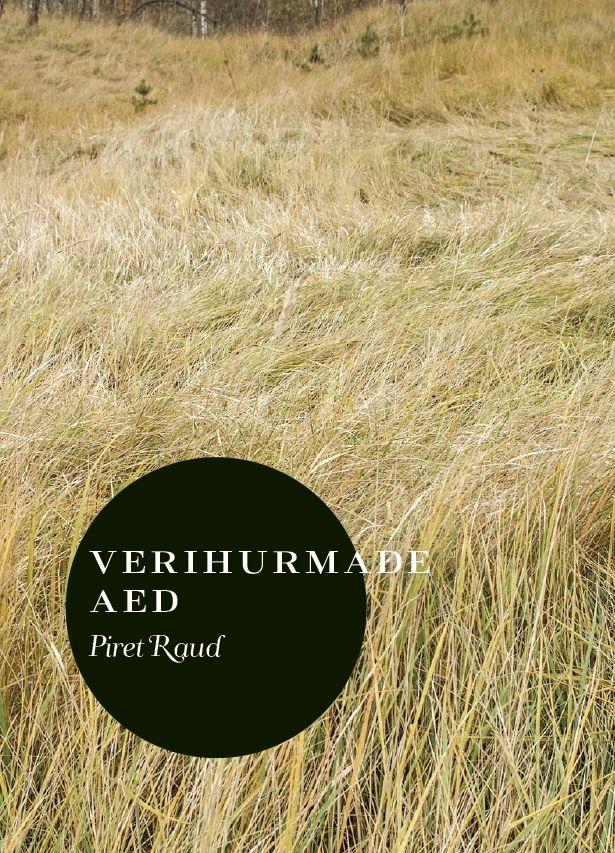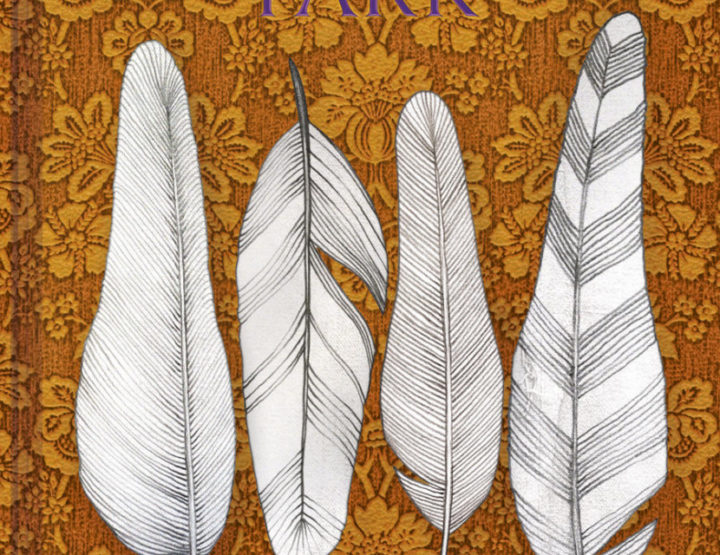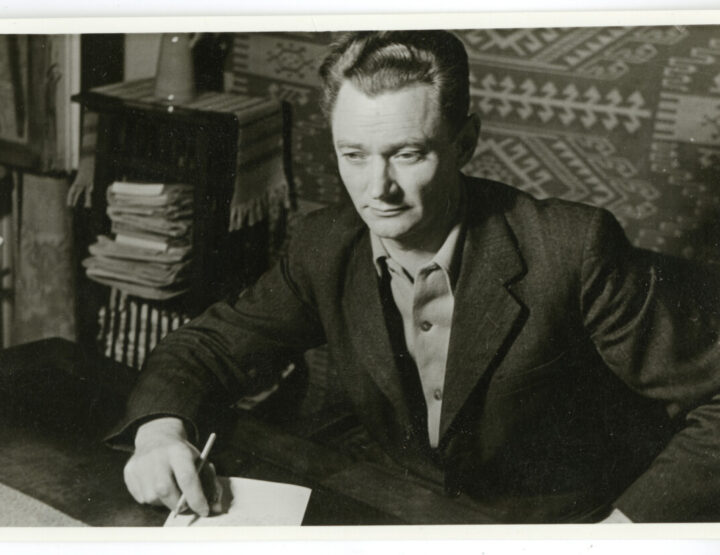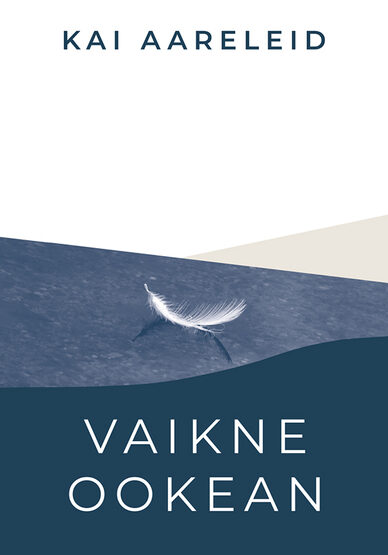Tänapäev 2019, 208 pp
ISBN 9789949856206
According to the text on the back cover of Piret Raud’s novel The Garden of Devil’s Milks, this is “a book about intimacy, the fragility of it, and an eternal yearning that shapes lives”. This phrase really could sum up the whole book. But how does Raud do it? She tells us the stories of three people. They are gripping, realistic and profoundly human; with their joys, worries and frailties. Raud creates characters in whom we can recognise ourselves or people we know. Reading her is just like sitting in a café with a friend and them wanting to tell you a story; Raud is that friend.
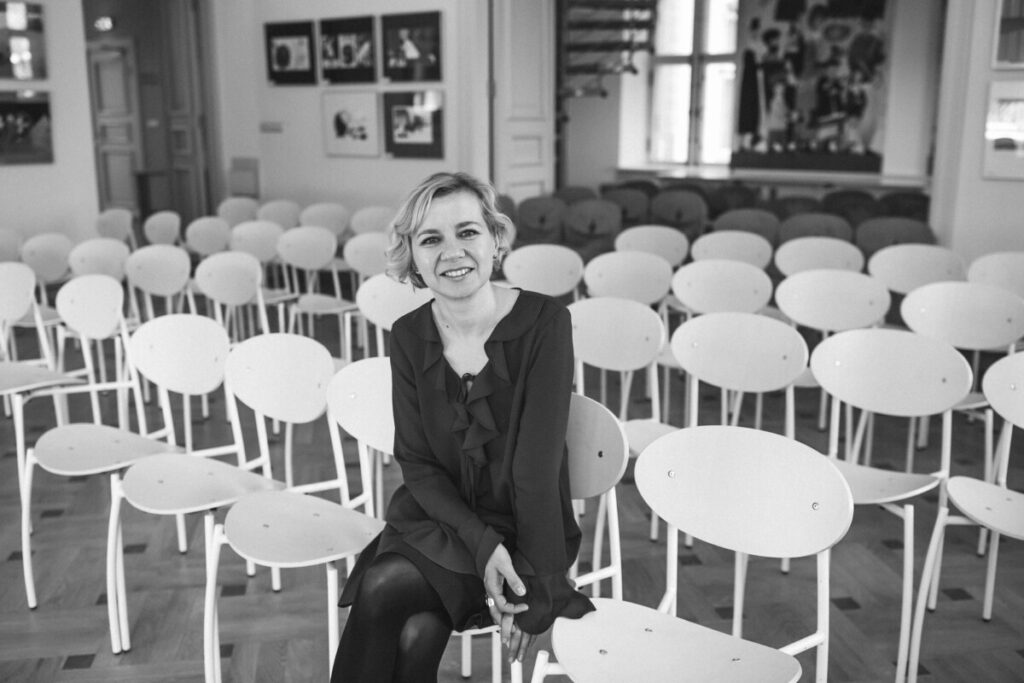
Raud’s protagonists are Ella Valter, an elderly lady who collects discarded houseplants, Renate Grünberg, editor-in-chief of a family magazine who looks for little miracles in daily life, and Joonatan Klaassen, a young photographer trying to get over an unhappy love affair.
In her novel, Raud brings the trio together by chance, although the reader might also find other connections between them. All three of them are shown as having obsessions, linked to their memories or how they see themselves. With this in mind, we may also characterise them differently.
Ella Valter, the old lady with an unhappy (love) story and a dream, has a plan to restore the old cemetery – as a way of paying her respects to the one love of her life. Renate Grünberg, who needs to protect her position as a Woman – the ideal mother, spouse and best possible editor of the family magazine ’Mama’ at any price. Joonatan Klaassen, the young photographer, who refuses to move on from the radiant memories of his first love.
Through all the challenges its characters face and all the growing they do as people, The Garden of Devil’s Milks leaves above all a glimmer of hope; the words “This will turn out fine. Everything turns out fine, just as long as it’s given space and watered properly” can very often apply just as well to people as to plants.
Elisa-Johanna Liiv studies cultural theory, Japanese language, and life around her. She spends a great deal of her time on trains, often in the company of books. Together with a friend, Liiv is the co-founder and co-spirit behind the independent Tallinn bookstore Puänt.

